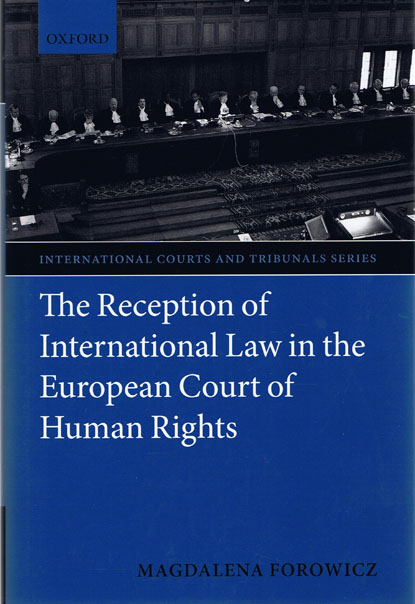
The European Court of Human Rights (ECtHR) increasingly refers to international law in its case law. It does so in a wide variety of circumstances, involving cross-cutting issues and relating to different international law instruments.
The European Convention of Human Rights (ECHR) is part of the international legal order as an international treaty and, as such, it is interpreted in light of rules which regulate the interpretation of international treaties. At the same time, the Convention is a special type of treaty which goes beyond setting reciprocal rights and obligations between Member States to effectively intervene in the domestic legal orders of Member States.
In this context, the ECtHR often behaves as a constitutional court guarding the ECHR. The book evaluates how international law has been integrated into the ECHR system. It also examines whether the Court has been able to create a coherent and comprehensive approach to the interpretation and evaluation of international law.
The policy decisions and other factors which have given rise to this approach are elucidated. Ultimately, the book examines whether the Court has been able to contribute to the development and coherence of international law as well as to its problem of fragmentation.